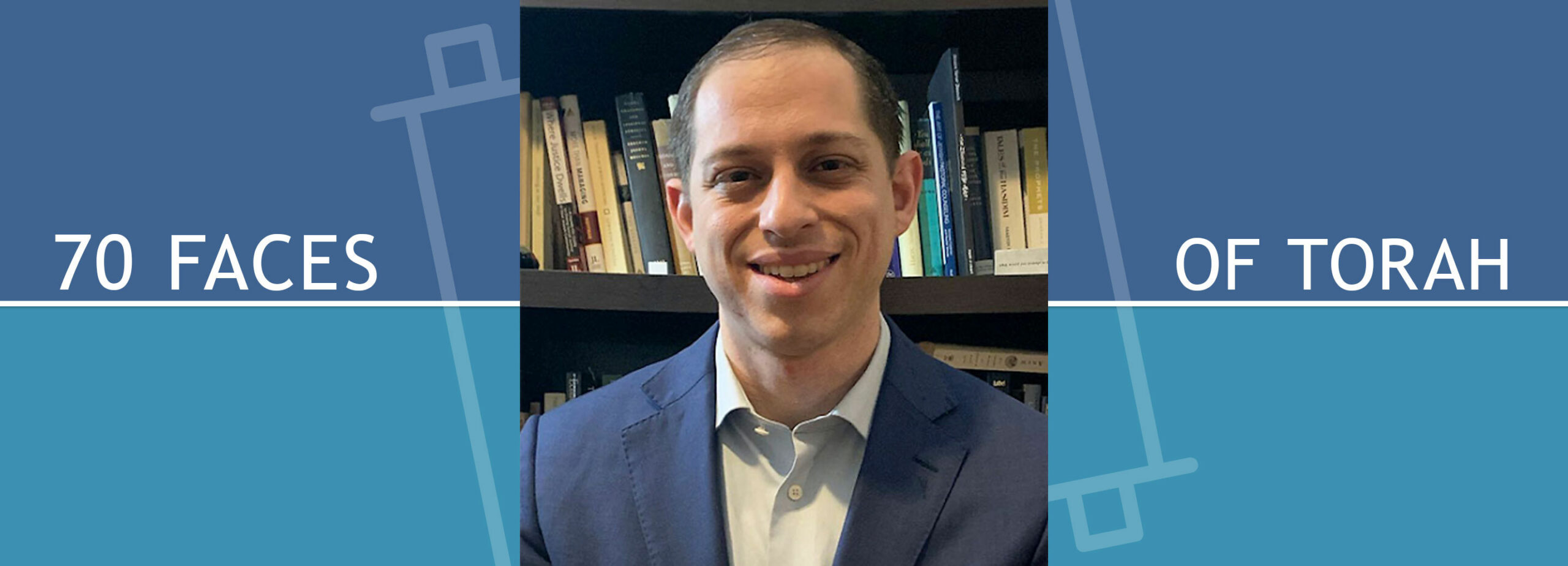Exodus Chasing Darkness

Parashat Bo (Exodus 10:1-13:16)
Two weeks before Pesach this year, those living in the Eastern United States will be able to look up into the sky and witness a total solar eclipse. Tens of thousands of Americans, known as eclipse-chasers, or by the scientific term, umbraphiles, will travel to the centerline of the eclipse to experience a few moments of complete darkness. This is an experience that they describe as full of deep mystery and spirituality. Eclipse-chaser Kate Russo writes that seeing an eclipse is “a reminder of how wonderful life is. It gives you life insights that you normally get only at times when you’ve experienced loss.” Another umbraphile, David Macpease explained that after experiencing the eclipse, he realized that he, “was living in a much deeper, much more dynamic universe than he had previously considered.”
The experience of complete darkness is one that has profound consequences on those who confront it. And this insight helps us understand the power of the final three plagues that God wrought upon the Egyptians in Parashat Bo. Each of these three plagues—locusts, darkness, and the death of the first born—was punctuated by an absence of light.
The locusts are described as so numerous that, “they hid the entire land from view” in darkness. And the plague of darkness is also described not only as an absence of light, but as a total disorienting experience for the Egyptians. Rashi explains,
There was darkness of gloom when no man saw another during those three days, and there was moreover another period of three days’ darkness twice as thick as this when no man rose from his place: one who happened to be sitting when this second period of darkness began was unable to rise, and one who was then standing was unable to sit down… (Rashi on Exodus 10:22).
The Egyptian experience of darkness is defined by Rashi as ‘a complete paralysis’; no one could move from the place they were. Not only did the world as they knew it come to a sudden halt, but they remained stuck in place for three entire days. And yet, when Moses asked Pharaoh that they be allowed to bring their livestock with them to make sacrifices to God when the plague subsided, Pharaoh’s heart was hardened, and he refused the request, once again keeping the Israelites enslaved.
Many question why God would choose to harden Pharaoh’s heart at this moment, when it appears that he is ready to release the Israelites. But perhaps God is not performing another act to harden Pharaoh’s heart, rather the plague itself had done this work. If this kind of darkness is a life-altering experience, Pharaoh could have used this moment to reevaluate his priorities. Instead, after experiencing the humiliation of three days of complete lack of control, Pharaoh responded by trying to maintain control, instead of looking for alternative paths toward dignity and justice.
For the Israelites, our commentators explain, there was no darkness at all during this period of the plague. Some believe that this is meant to show God’s favor toward the Israelites over the Egyptians, but perhaps the lack of darkness is descriptive of what it means to be an Israelite. Perhaps they also encountered the same plagues, and yet their world was not so dark. Perhaps they had the ability to see a future of liberation, beyond the darkness of the moment. To be an Israelite in this moment means to greet the uncertainty of darkness with hope instead of fear; with an open heart instead of a hardened one.
Recently, a Kindergarten student pulled me aside in our religious school, to tell me that he was troubled by the fact that God would send all of these plagues on the Egyptians. We spoke about the purpose of the plagues, and the tradition we have of spilling out wine from our Kiddush cups on Passover to begin to acknowledge the brutality. What I hope that my student will come to learn as he grows, is that plague and darkness are unavoidable. They will afflict the righteous and the wicked alike. The spiritual work of each of the Israelites in this story, and of each spiritual being today, is to respond to the darkness from a place of transcendence and hope.
After three days the darkness cleared and all those who had been frozen presumably began to move again. The Egyptians faced the paradigm-shifting plague by focusing inward and holding on to the power that they wielded. Their hardened hearts obscured a possible alternate way. What if they had emerged from the darkness, ready to rebuild a society of fairness and justice? We do not know how that story would have ended, but perhaps we can pursue it in our own day.
In a retelling of the Exodus in the book of Psalms, God’s might is described not primarily in God’s ability to afflict darkness on Egyptians, but in God’s ability to help Israelites respond to that darkness:
וַיִּזְעֲקוּ אֶל־יְהֹוָה בַּצַּר לָהֶם מִמְּצֻקוֹתֵיהֶם יוֹשִׁיעֵם׃ יוֹצִיאֵם מֵחֹשֶׁךְ וְצַלְמָוֶת וּמוֹסְרוֹתֵיהֶם יְנַתֵּק׃
In their adversity they cried to the LORD, and God rescued them from their troubles. God brought them out of deepest darkness, broke their bonds asunder. (Psalms 107:13-14)
Each of us will have moments when we look into a sky of profound emptiness. Will we respond as an Egyptian, or will we do the courageous, community-oriented work of telling a new story? May we embrace the darkness as spiritual umbraphiles. Let us gaze into the abyss, and see the possibility of transcendence.
Tyler Dratch is Assistant Rabbi at Beth Am Synagogue in Baltimore, MD and a 2021 graduate of the Rabbinical School of Hebrew College.

